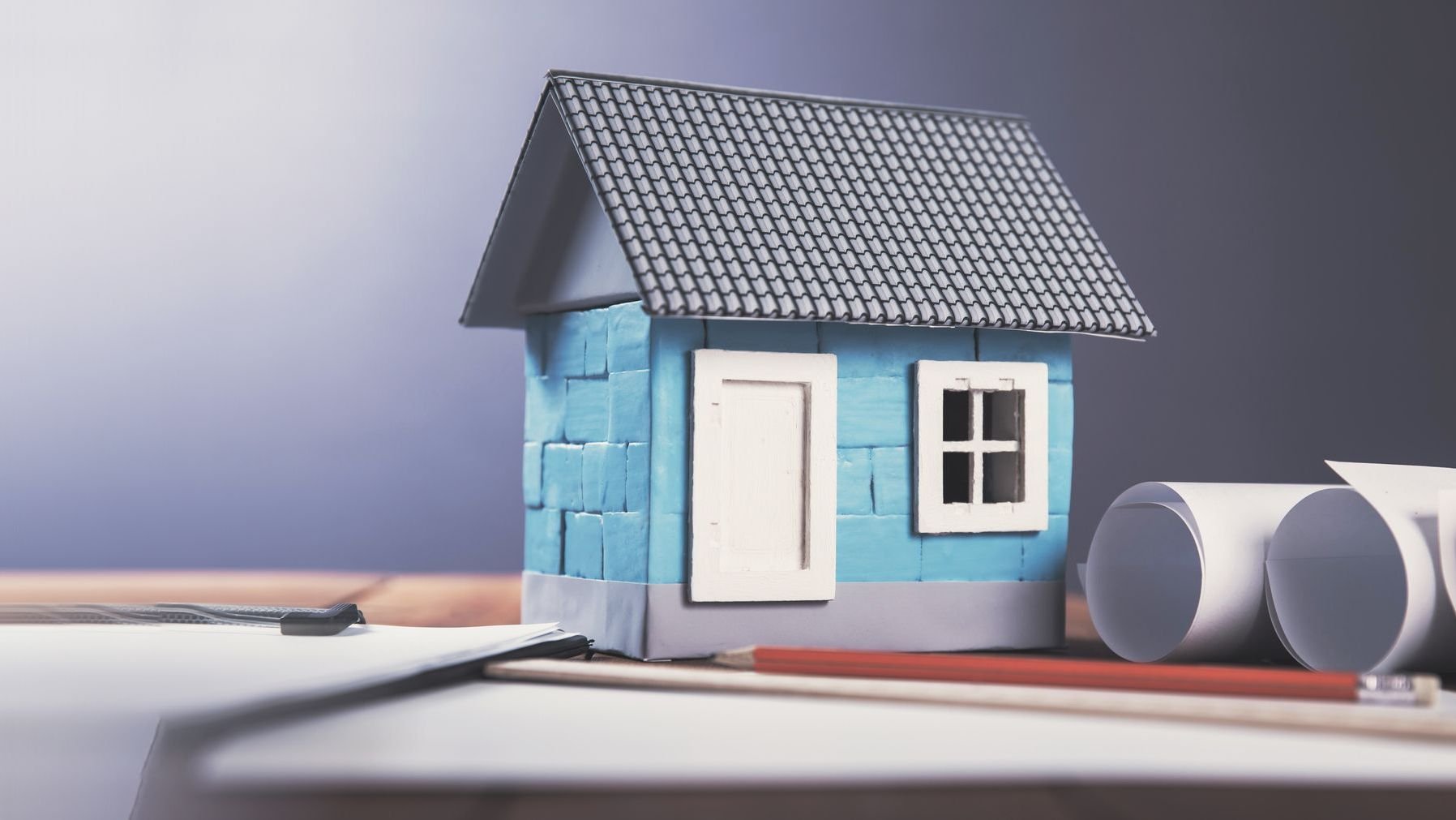
As you age, you may begin looking for investments that offer long-term stability instead of high-risk, high-reward promises. Among the many strategies available, transitioning your portfolio to senior housing through 1031 exchanges is a viable option. This move may align with your changing lifestyle while also offering benefits like tax deferral.
In this article, Realized 1031 shares why using a 1031 exchange to transition into senior housing is a promising approach.
Recap of 1031 Exchanges: Structure and Process
A 1031 exchange is a tax-advantaged strategy named after Section 1031 of the Revenue Code. Investors exchange two like-kind properties without triggering an official sale, which allows them to defer capital gains taxes and keep most of their equity for longer.
There are many rules surrounding 1031 exchanges to preserve their integrity and prevent abuse.
- Like-kind Property: You can only exchange two properties that have been held for business or investment purposes.
- 180-day Deadline: The entire transaction must happen within 180 days to remain qualified for tax-deferral benefits. The first 45 days are dedicated to identifying replacement properties.
- No Direct Control of Proceeds: Qualified intermediaries are needed to ensure that investors gain no direct control of the funds, which helps avoid the creation of a constructive receipt.
Why Consider 1031 Senior Housing Properties?
The U.S. has an aging population. According to the U.S. Census Bureau, by 2034, adults aged 65 and older will outnumber children under 18 for the first time in American history. This demographic shift heightens the demand for senior housing and assisted living facilities, making them ideal for long-term investment.
Apart from the increasing demand, senior housing facilities also tend to have high-quality tenants. These companies and operators often enter long-term leases such as NNN arrangements. Since the tenant handles most of the operating expenses, you can enjoy passive income with minimal hands-off involvement over the properties.
Benefits of 1031 Exchanges When Transitioning to Senior Housing
Investing in senior housing through traditional means has merits, but you can enjoy additional benefits when done through a like-kind exchange.
- Tax Deferral: Since gain or loss isn’t recognized, you can delay the payment of capital gains taxes and avoid getting a major tax hit, especially if the property you relinquished is highly appreciated.
- Predictable Income Stream: Senior housing properties often offer long-term leases and steady occupancy, resulting in reliable monthly income. This benefit is an important consideration for retirees seeking financial stability.
- Diversification: If the proceeds are enough, you’re allowed to reinvest in multiple properties for added diversification. Even better, Delaware Statutory Trusts (DSTs) are eligible for 1031 exchanges, which help you eliminate the burdens of active management altogether while accessing income from institutional-grade senior housing facilities.
- Estate Planning: If you hold the replacement asset until your passing, it receives a step-up in basis. As the cost basis resets, the accumulated capital gains taxes are eliminated, offering tax relief for your heirs.
- Portfolio Rebalancing: Investors can use the exchange to shift from high-maintenance or underperforming assets into more reliable, low-management options like senior housing. This benefit is especially appealing for those entering retirement.
Final Thoughts on 1031 Exchange Senior Housing
A like-kind exchange senior housing transaction is a powerful tool that helps you defer taxes, access long-term income, and increase the potential of a stable cash flow even after you retire. As America’s senior population grows, investing in senior housing not only meets a market need but also supports a smoother, smarter financial transition into the next phase of life.
Sources:
https://www.law.cornell.edu/wex/stepped-up_basis
https://www.law.cornell.edu/wex/triple_net_lease
https://www.census.gov/library/stories/2019/12/by-2030-all-baby-boomers-will-be-age-65-or-older.html



